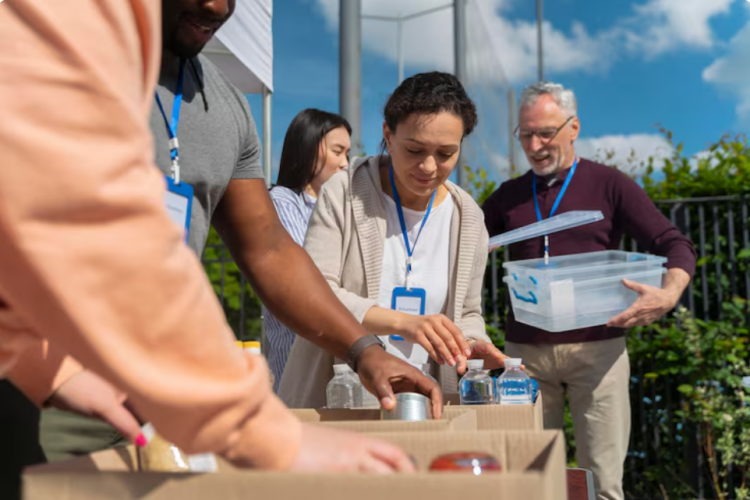Indonesia’s waste crisis has become a pressing issue, demanding serious attention from various parties. Piles of garbage overflowing at landfills and environmental pollution from poorly managed waste are common sights. However, amidst these challenges, a new hope is emerging through various waste management innovations and a collective awareness from the community. The issue of waste is not solely the government’s responsibility but a shared task that requires active collaboration. With the right approach, we can turn this crisis into an opportunity to create a cleaner and more sustainable environment.Waste Management Innovations for Sustainable Solutions
To address this crisis, various waste management innovations have been developed. One of the most effective is the implementation of a circular economy, where waste is no longer seen as a discarded item but as a valuable resource. Concrete examples of this innovation include Waste-to-Energy technology, which converts waste into electricity, and modern recycling that can process plastic waste into high-value products. Additionally, the bank sampah (waste bank) movement has spread across many regions, allowing communities to save money by depositing recyclable waste. These innovations not only reduce waste volume but also open new economic opportunities and raise awareness about the importance of waste management innovations.Public Participation: The Key to a Cleaner Indonesia
Although technological innovation plays a crucial role, the success of waste management heavily depends on public participation. Education about the 3Rs (Reduce, Reuse, Recycle) must be continuously promoted to become a daily habit. This starts with simple actions like reducing single-use plastics, sorting organic and inorganic waste at home, and actively participating in community cleanup activities. With a high level of understanding and awareness, the public can become effective agents of change. This participation will strengthen the efforts of the government and private sector in creating a more integrated waste management system. Public support for environmental movements and government policies is the primary foundation for achieving an Indonesia free from waste problems.Conclusion: Synergy for a Better Future
Tackling the national waste crisis requires synergy between the government, private sector, and all levels of society. The various waste management innovations must be supported by the active awareness and participation of every individual. By combining modern technology with eco-friendly behavior, we can transform piles of garbage into valuable assets and preserve Indonesia’s natural beauty. This effort is not just about cleaning up the environment but also a long-term investment in the health and welfare of future generations. Let’s work together to create a clean Indonesia through commitment and real action, including supporting recycling programs.








